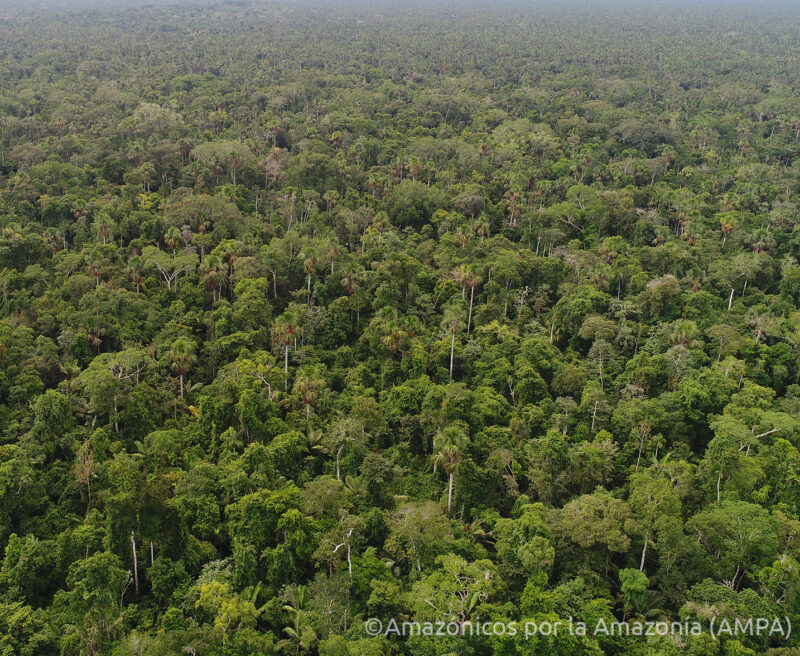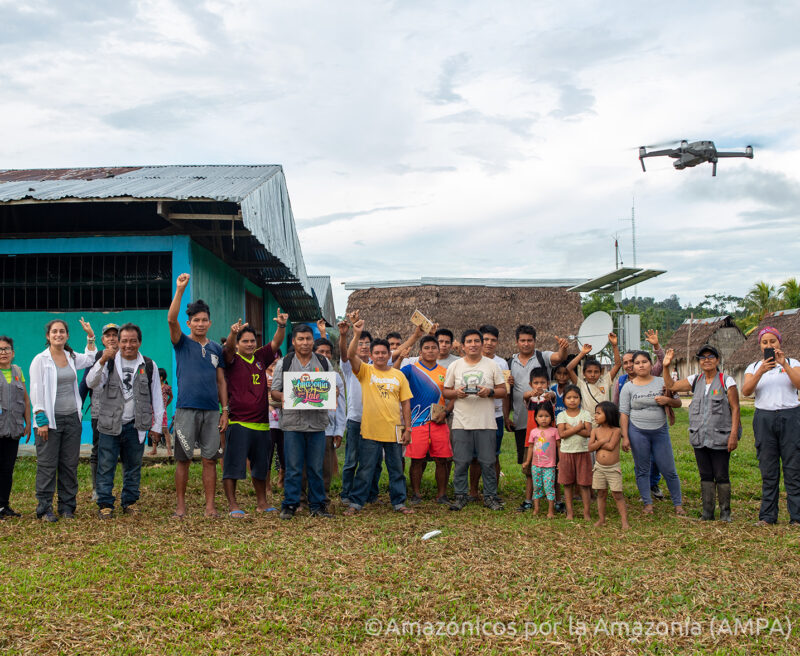MISSION
Amazónicos por la Amazonía (AMPA) – Amazonians for the Amazon – is a Peruvian organization committed to the conservation of biodiversity and sustainable territorial development to improve the lives of the peoples of the Andean Amazon.
AMPA “preserves life to share it with everyone”.
The organisation works with a strategy of intervention grounded on their conviction in sustainable territorial management. This involves 4 cross-cutting axis to the implementation of all their initiatives: environmental, social, economic and political; where territorial order is the fundamental basis. Through these axis, they ensure their activities are consistent with the conservation of natural and cultural heritage.


